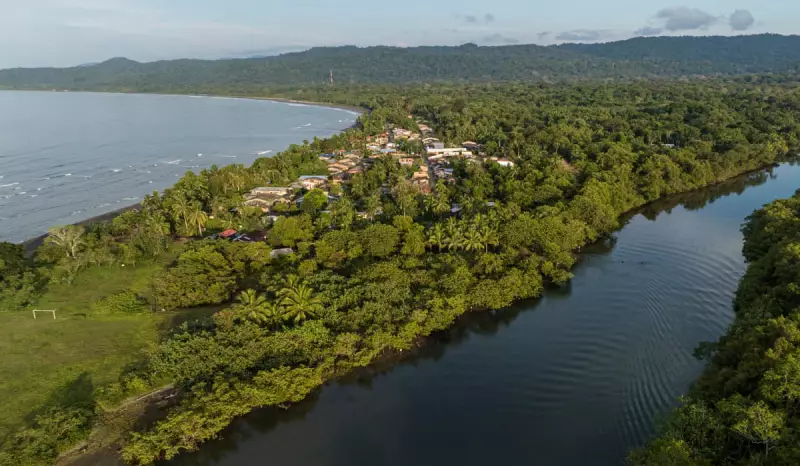
Across Latin America, a quiet revolution is taking root. Afro-descendant communities, drawing on centuries of ancestral wisdom, are transforming landscapes into thriving 'food forests' – complex, multi-layered ecosystems that provide both nourishment and vital environmental benefits.
A Living Legacy of Biodiversity
These aren't conventional farms. Instead of monocultures, these food forests mimic natural ecosystems, with tall trees providing canopy for smaller shrubs, which in turn shelter vegetables and root crops. This creates a highly efficient system that requires minimal external inputs like fertiliser or pesticides.
The results are staggering. Research highlighted by The Guardian shows that these forest gardens can harbour levels of biodiversity rivaling natural forests, while simultaneously producing a wide array of food, medicine, and timber for local communities.
Combating Climate Change and Food Insecurity
This innovative approach offers a powerful dual solution to two of the world's most pressing challenges:
- Climate Resilience: The dense vegetation acts as a significant carbon sink, helping to mitigate climate change. The complex root systems also prevent soil erosion and improve water retention, making these areas more resilient to extreme weather events.
- Food Sovereignty: By cultivating a diverse range of crops, communities ensure a stable and nutritious food supply throughout the year, reducing dependence on volatile global markets.
Ancestral Knowledge Meets Modern Science
What makes this movement particularly powerful is the fusion of deep, intergenerational knowledge with contemporary ecological science. These practices, often passed down orally through families, are now being recognised by researchers and policymakers as a critical component of sustainable development.
"This is not just farming; it's a way of life that respects the balance of nature," the report suggests, capturing the philosophy behind the practice. Despite their success, these communities often face significant challenges, including land tenure insecurity and a lack of formal recognition for their contributions to conservation.
A Model for the Future?
The Guardian's investigation posits that the food forest model pioneered by Afro-descendant communities offers a viable and scalable alternative to industrial agriculture. It demonstrates that high productivity and environmental stewardship can, and indeed must, go hand in hand.
As the world grapples with environmental degradation and food inequality, these communities stand as beacons of hope, proving that some of the most effective solutions are already growing, quietly and sustainably, in plain sight.





